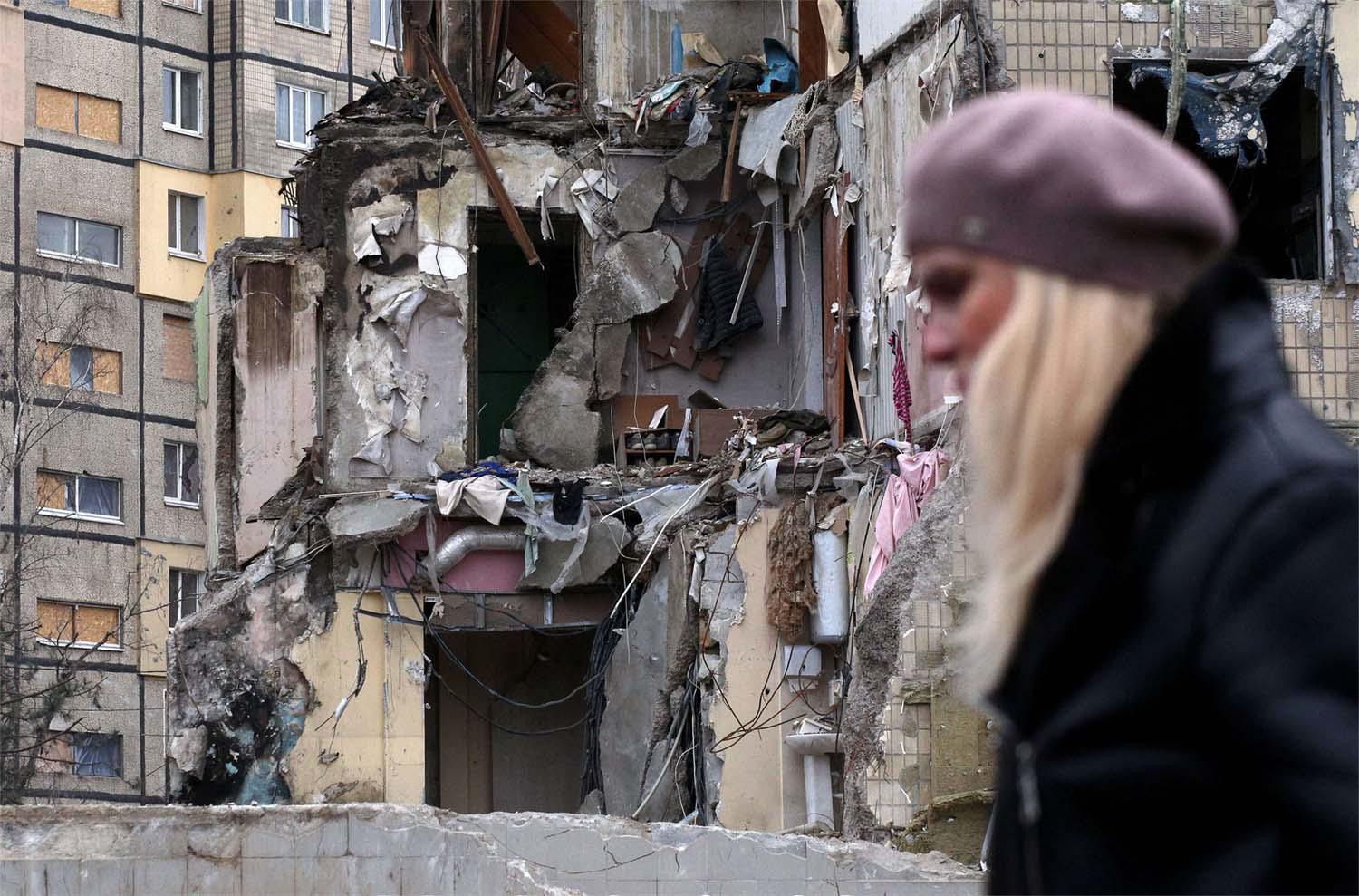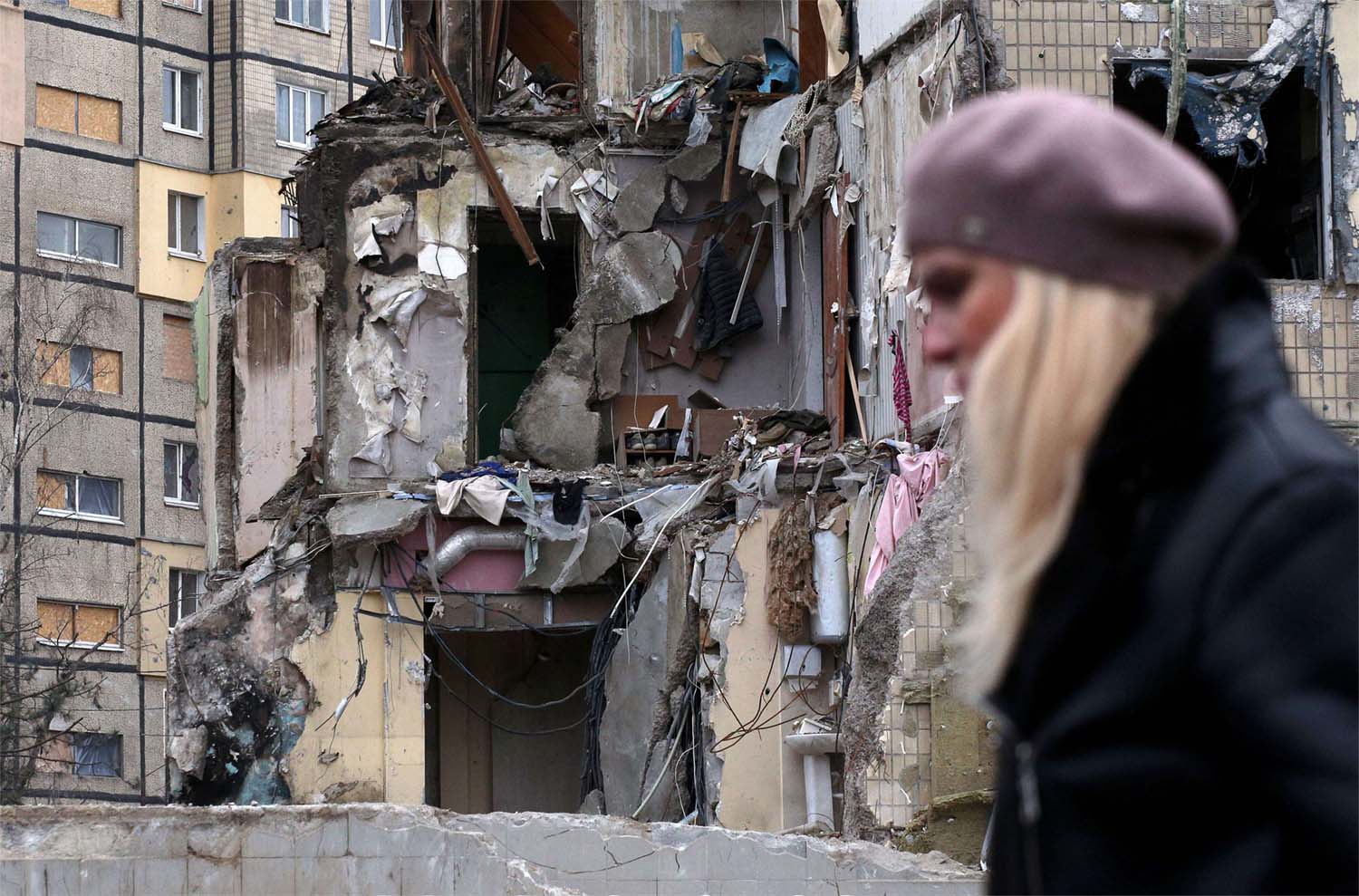Western calculations in the Ukraine war
The million-dollar question in the Ukraine crisis seems to be focused on when significant expectations can be made about the possibility of an end to this war. Here, the answer to the question seems to depend largely on the calculus of the Western capitals in this crisis, because this calculus is a significant factor in the continuation of the military conflict or the end of the war.
Evidently, Western countries have invested billions of dollars, whether through direct military support to Ukraine, through financial assistance to the Ukrainian economy, or through the losses that Western economies have been suffering as a result of the war in the wake of high energy prices or as a direct and indirect result of Western sanctions against Russia.
An analysis of US-led statements, positions, and policies shows that NATO countries will not accept giving up Ukrainian territory that Russia seized during the war. They will not accept depriving Ukraine of its sovereignty and territory. One Western official puts it this way: It cannot be assumed that Putin has succeeded in forcibly overwriting Ukraine’s borders.
The minimum demand from the West would be a complete withdrawal of Russian troops to the borders that existed before February 2022, and the emphasis is on “minimum.” Other, tougher demands include the withdrawal of Russian troops from Crimea. This is impossible from the Russian point of view.
It would be an admission of failure and political suicide for President Putin. The reality is that all calculations depend on whether Ukrainian President Zelensky remains in office. This means that his departure or absence from the political arena, for whatever reason, may open the door for other Ukrainian calculations, different from those of the West.
The continuation of the war and the growing suffering of the Russian military in Ukraine due to increased military support to Kiev could lead Putin to make good on all or part of his threats. US President Joe Biden acknowledged that his Russian counterpart is “not joking” when he threatens to use tactical nuclear, biological, or chemical weapons.
The war scenario in Ukraine has entered a critical phase due to several factors. The first is that President Putin’s bet on Republican control of both houses of the US Congress has failed and that President Biden is no longer in a position to continue to provide military support to Ukraine. The election produced disappointing results for both the GOP and the Kremlin.
The second factor is that the winter season in Europe is passing without having the desired effect for Russia: that the shortage of Russian energy supplies, the high cost of living, and rising inflation in European countries will increase pressure on those governments to make concessions to end this war or at least freeze European aid to Ukraine.
But what has happened is this: France, for example, is providing Ukraine with high-end military equipment. And Germany, which has been reluctant to supply arms to Ukraine, has recently agreed to supply armored vehicles to the Ukrainian army.
The Kremlin’s bet on a military victory in Ukraine is a long shot; all calculations are now focused on preparing for a long-term war that the West wants to impose on Russia in order to decimate it economically and militarily.
On the contrary, Putin’s threat of hypersonic missiles and the heavier bombardment of Ukrainian infrastructure are prompting the West to toughen its stance against Russia and provide more support to Ukraine, which many in the West see as a bulwark against potential Russian threats; a defeat of Kiev in this war will also mean a defeat for the NATO countries that support it.
Given these indicators, the option of a widening military confrontation in Ukraine does not seem so unlikely, nor does the possibility of miscalculation or Putin’s growing concern about a military defeat in Ukraine, which could lead him to expand the scope of the conflict and resort to a suicide scenario as a last card that could force the West to seek a way out of the crisis.
It is clear to everyone that the West’s position in the war in Ukraine is determined by the compass of American decision-making. We have a year or more to go until the battle for the 2024 US presidential election rolls around. The fate of the war in Ukraine is in some ways tied to President Biden’s stance on whether he will run in the next race.
That is, if he frees himself from electoral constraints and decides not to run, the White House will have its hands free to be bolder and more adventurous in dealing with Russia in the near future. But the opposite could also be true.
If Biden decides to run, he may have other calculations related to risk aversion and a tendency to cool the crisis, trying to create an atmosphere that can be sold to the American electorate - even with formal gains - as a political victory of his era over Russia, especially since Biden has failed on most foreign policy matters and issues throughout his presidency.
Salem AlKetbi, UAE political analyst and former Federal National Council candidate







